The podiatric (foot) surgeons at Boston Medical Center manage all types of foot disorders with expertise in treating diabetic ulcers, wound infections, and performing reconstructive surgery, and preventing amputation. Our podiatrist commonly treat conditions that include high-risk diabetic foot care, arthritis, bunions, hammertoes, heel pain, arch pain (plantar fasciitis), neuromas, ankle sprains, Achilles tendon injuries, sports and work-related injuries (fracture/dislocations), and general management of nail and skin disorders.
Many patients treated by a podiatric surgeon at BMC have conditions like poor circulation from peripheral arterial disease/peripheral vascular disease (PAD/PVD), nerve pain (neuropathy), diabetes, and kidney disease. To provide the best care possible, the podiatric surgery team collaborates with physicians in vascular surgery, infectious diseases, endocrinology, rehabilitation, physical therapy, and pain management. Orders for and instruction about appropriate use of custom molded shoes, orthotics, and braces are also provided by our foot specialist.
Contact Us
Monday-Friday - 8:00 AM - 4:30 PM
Our Team
Ewald R. Mendeszoon, DPM
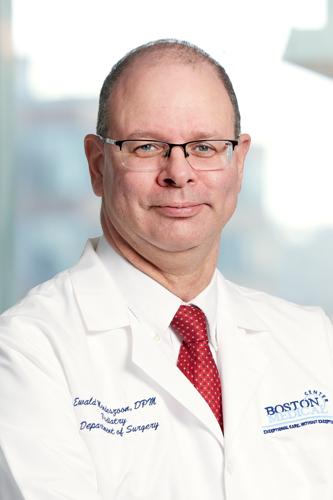
Ashley Daniel, DPM

Justin C. Ogbonna, DPM
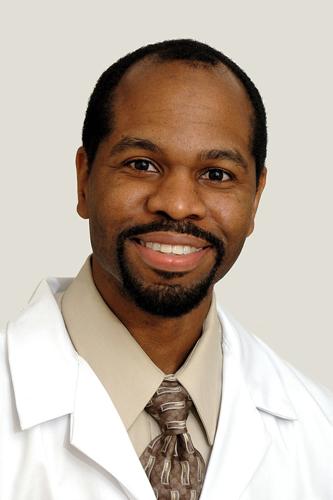
Elizabeth Sanders, DPM
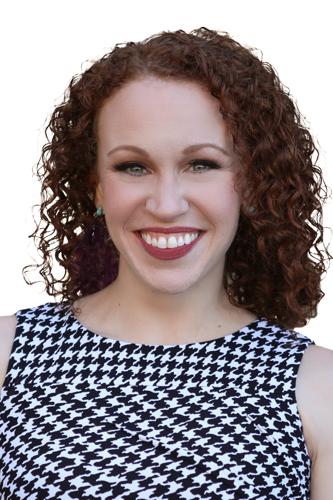
Wei M Tseng, DPM
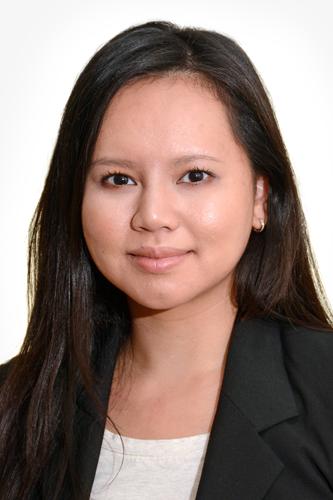
Vitaliy Volansky, DPM
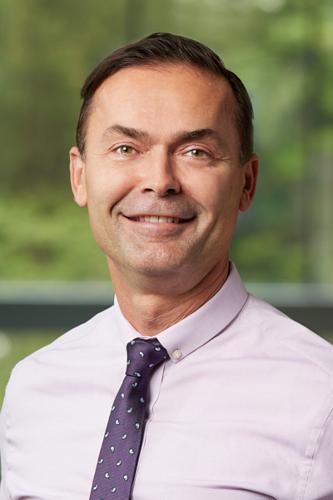
Patient Resources
So, you're a Diabetic? Here is how to care for your feet
Podiatry Patient Information
When preparing for your appointment with the podiatrist, it is important that you bring with you the following:
Additional Information
Residency and Fellowship Information
The Podiatric Medicine and Surgery Residency Program is designed to give residents exposure to the full breadth of patients’ needs, with residents caring for patients in the hospital, outpatient clinics, and multidisciplinary settings. This three-year program, accredited by the Council on Podiatric Medical Education, places significant emphasis on limb salvage as well as patient education. Residents in our program exceed the number of surgical cases required to graduate, are members of a union, and train as equals alongside allopathic colleagues. Research is an important part of the program, and residents are expected to complete a research project leading to a publication during the course of their training. Two new residents are matched each academic year.
 ht
ht 
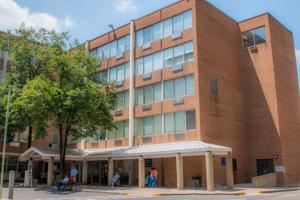
 English
English Français
Français Deutsch
Deutsch Italiano
Italiano Español
Español Tiếng Việt
Tiếng Việt